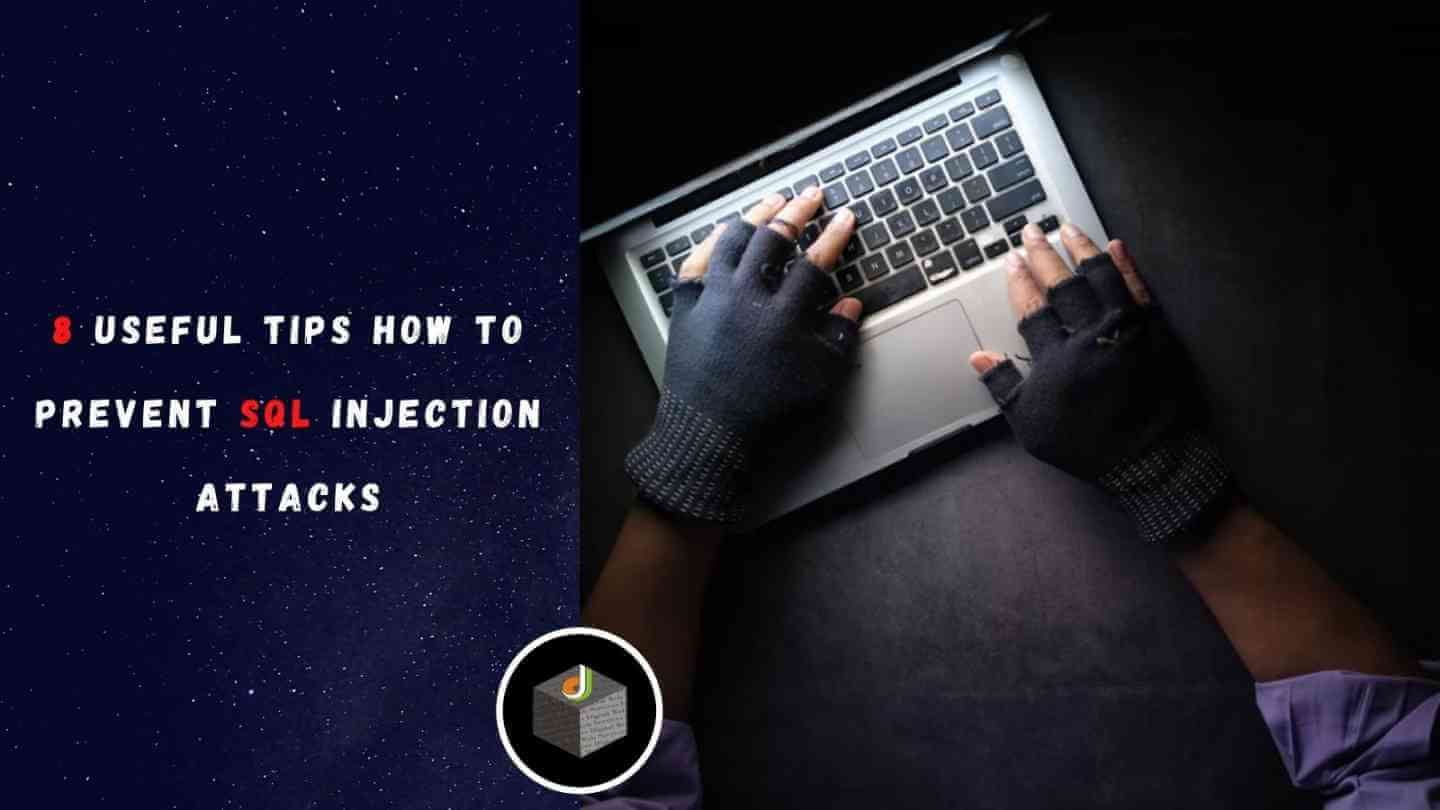
SQL injections (SQLi), even after more than two decades of discovery, are still a brutally effective attack tactic and a major database security concern.
SQL, or Structured Query Language, is the control and command language used by database systems such as IBM DB2, Microsoft SQL Server, and MySQL. Relational databases are a valuable resource on the tail end of online apps and web services developed in Hibernate, PHP, Java EE, SQLite, NET, or other scripting languages.
One of the most common web server hacks tries to compromise their backend databases in order to get confidential data such as client information, corporate data, and so on.
According to Akamai’s State of the Internet report, which examined data between November 2017 and March 2019, SQL injection now accounts for over two-thirds (65.1 percent) of all web application assaults.
Given that most websites rely on data stored in a database server, a hostile SQL injection can be fatal. Attackers can get access to sensitive information, manipulate online content, and, in extreme situations, destroy your data.
In this article, we will talk about seven useful tips to help you tackle SQL injections and keep hackers at bay.
8 Useful Tips for How to Prevent SQL Injection Attacks
Here are seven tips to help you prevent SQL injection attacks.
- Verify user inputs
- Manage updates and patches
- Aim for instant protection
- Scan and test for penetration regularly
- Reduce special characters to sanitize data
- Minimize the surface of attack
- Don’t forget the encryption
- Get rid of shared user accounts or databases
Read on to learn more..
1. Verify user inputs
Validating user inputs is a frequent initial step in mitigating SQL injection attacks. To begin, determine the most important SQL statements and create a whitelist for all legal SQL statements, excluding unvalidated statements from the query. Input validation or request redesign are terms used to describe this procedure.
In addition, you should customize user data inputs based on context. Input fields for email addresses, for example, can be regulated to only accept characters found in an email account, such as the mandatory “@” character. Contact information and social security numbers, likewise, should only be controlled to enable the precise amount of digits for each.
While this measure will not stop SQLi attackers on its own, it will provide a layer of protection to a typical fact-gathering approach used in SQL injection assaults.
2. Manage updates and patches
SQL injection vulnerabilities in programs and databases are found and publicly disclosed on a regular basis.
As with so many other cybersecurity concerns, it’s critical that businesses remain up to date on the latest developments and deploy fixes and upgrades as quickly as possible. This refers to maintaining all web application software components, such as web server software, database server software, plug-ins, frameworks, and libraries up to date for SQLi reasons.
SQL injection prevention software like Datadome can help you tackle attacks and block them before it’s too late.
A patch management system may be worth the price if your company struggles to patch and update applications on a regular basis.
3. Aim for instant protection
The majority of firms fail due to issues such as old code, a lack of resources to test and make improvements, a lack of awareness of application security, and frequent application upgrades. Web application protection is the best solution for this.
For quick mitigation of such threats, a managed web application firewall might be established. It has configurable policies that quickly prohibit any questionable input and reject any data breach. This way, you won’t have to go through the process of manually looking for flaws and resolving them later on.
4. Scan and test for penetration regularly
For quite some time now, the automated web application analyzer has been the finest option for identifying vulnerabilities in online applications. Now that SQL injections are becoming better at exploiting logical vulnerabilities, website security experts should consider manual testing with the assistance of a security company.
They can validate user input by comparing it to a set of criteria for type, syntax, and length. It is beneficial to audit software vulnerabilities covertly so that you may repair the code before attackers misuse it.
5. Reduce special characters to sanitize data
Another aspect of protecting against SQL injection attacks is preventing insufficient data sanitization. Because SQLi attackers can employ unique character sequences to exploit a database, cleaning data to prevent string concatenation is crucial.
One method is to configure user inputs to a function such as MySQL’s MySQL real escape string (). This ensures that any potentially harmful characters, such as a single quotation’, are not sent as instructions to a SQL query. The usage of prepared statements is the main way for preventing these unauthenticated queries.
6. Minimize the surface of attack
In cybersecurity, an attack surface refers to the array of potential entry points for attackers. So in the context of SQLi attacks, this means disposing of any database functionalities that you don’t need or further safeguarding them.
One such example is the xp_cmdshell extended stored procedure in the Microsoft SQL Server. This procedure can spawn a Windows command shell and pass a string for execution. The Windows processes by xp_cmdshell have the same security privileges as the SQL Server service account0. Due to this, the attacker can cause severe damage.
7. Don’t forget the encryption
An attack surface is a collection of potential access points for attackers in the field of cybersecurity. In the case of SQLi assaults, this entails either discarding or further protecting any database features that are no longer needed.
In Microsoft SQL Server, one such application is the XP cmd shell enhanced stored method. This technique can launch a Windows command shell and input a string to be executed.
8. Get rid of shared user accounts or databases
Multiple websites or apps using the same database might be a nightmare waiting to happen. The same is true for user accounts with access to different online apps. This shared access may offer flexibility to the managing organization or administrator, but it also introduces an unnecessary danger.
Any connected servers should ideally have limited access to the target server and should only be able to access mission-critical data. Logins on linked servers should be separate from those on the target server.
Wrapping Up
That’s a wrap for this article. Hopefully, the aforementioned tips will help you prevent SQL injection attacks and minimize the data and security projection of your company. Remember, although it is the most common type of cyberattack today, preventing it is not impossible. If you have any doubts related to SQL injections, let us know via the comments.
Digital Web Services (DWS) is a leading IT company specializing in Software Development, Web Application Development, Website Designing, and Digital Marketing. Here are providing all kinds of services and solutions for the digital transformation of any business and website.










